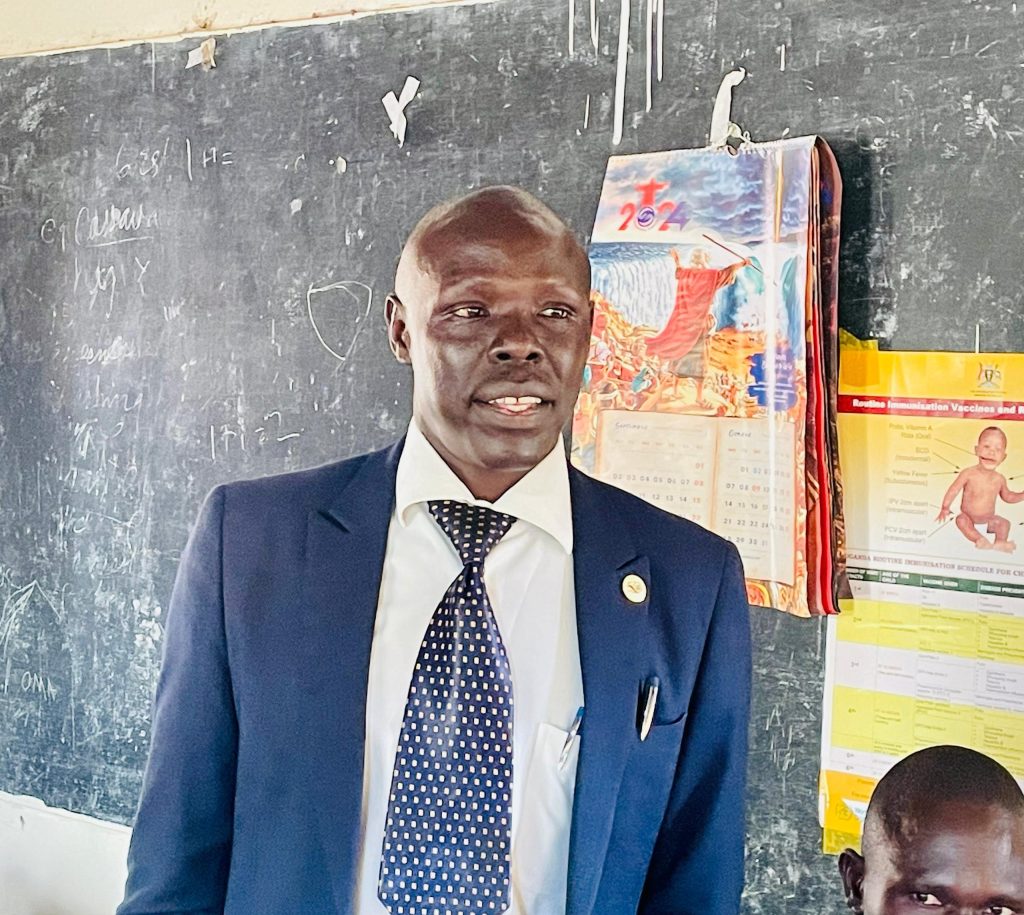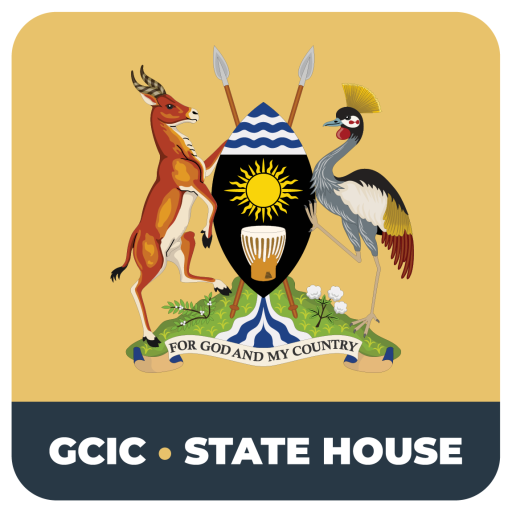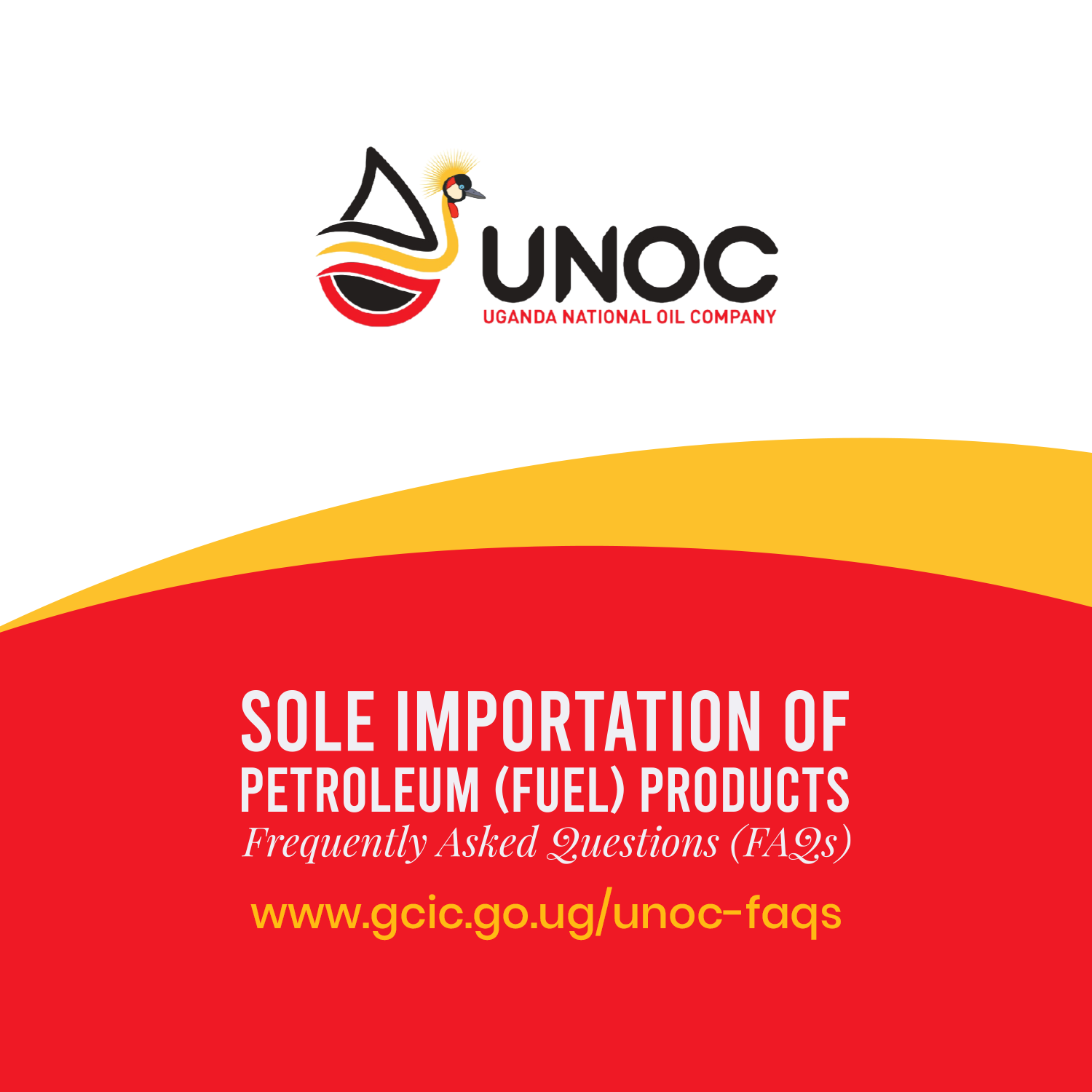By Akena Martin
The partnership between the Government of Uganda and UNICEF has made significant strides in improving healthcare services in the West Nile region, particularly in Koboko District.
Since 2017, UNICEF has been supporting the region with interventions for women and children, addressing health inequities, and strengthening the health system.
Progress in Koboko District
In Koboko District, which is home to 287,500 residents, 5,993 settled refugees, and 23,128 urban refugees, UNICEF’s support has been instrumental.
Key highlights of SIDA/UNICEF support include:
– Supporting Human Resources for Health (HRH)
– Health infrastructure improvements
Emergency medical referral services WASH facilities UNICEF has provided medical personnel such as doctors, nutritionists, laboratory technicians, enrolled midwives, and neonatal nurses, as well as equipment such as generators, ultrasound scan machines, patient monitors, and oxygen concentrators.
Arua Regional Referral Hospital’s High Dependency Unit (HDHU)
The Arua Regional Referral Hospital’s HDHU has shown remarkable progress after connecting to the national electricity grid and receiving support from UNICEF.
According to Mr. Anziku Manaseh, Assistant District Health Officer in Arua, “The partnership has enabled us to provide quality healthcare services to rural communities, including refugees.”

Community Impact:
Over 30,000 children have been screened for malnutrition.
Global acute malnutrition rates have decreased from 10.4% to 3.3%.
Refugee children have received vocational education and training.
Nabwere Christine, Arua Hospital Nutritionist, praises UNICEF’s support, saying, “We receive therapeutic feeds from UNICEF and blankets to keep children warm. This has significantly improved our ability to care for malnourished children.”
The Government of Uganda and UNICEF partnership is a shining example of collaboration and commitment to improving healthcare outcomes in Uganda. This partnership has saved countless lives and improved the well-being of our communities.” Mr. Anziku Manaseh
The Writer is a Communications Officer at the Government Citizen Interaction Centre





